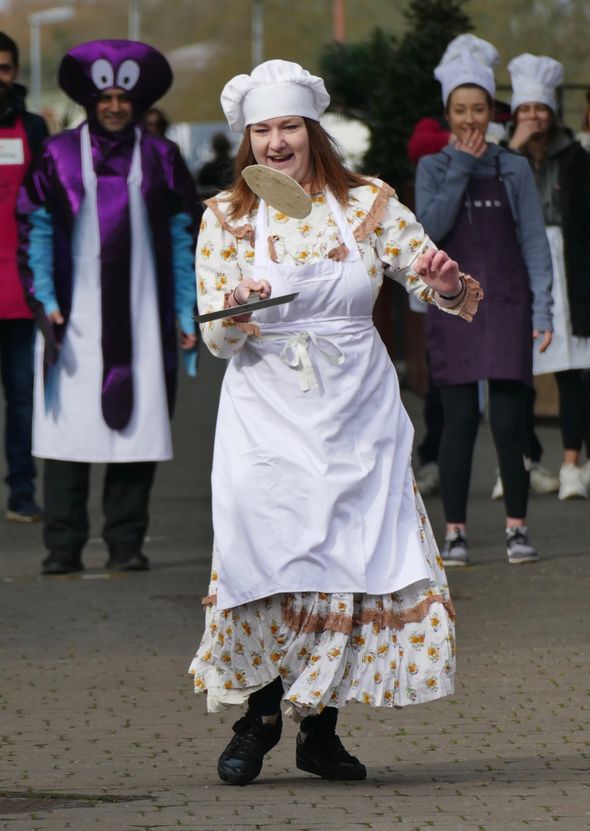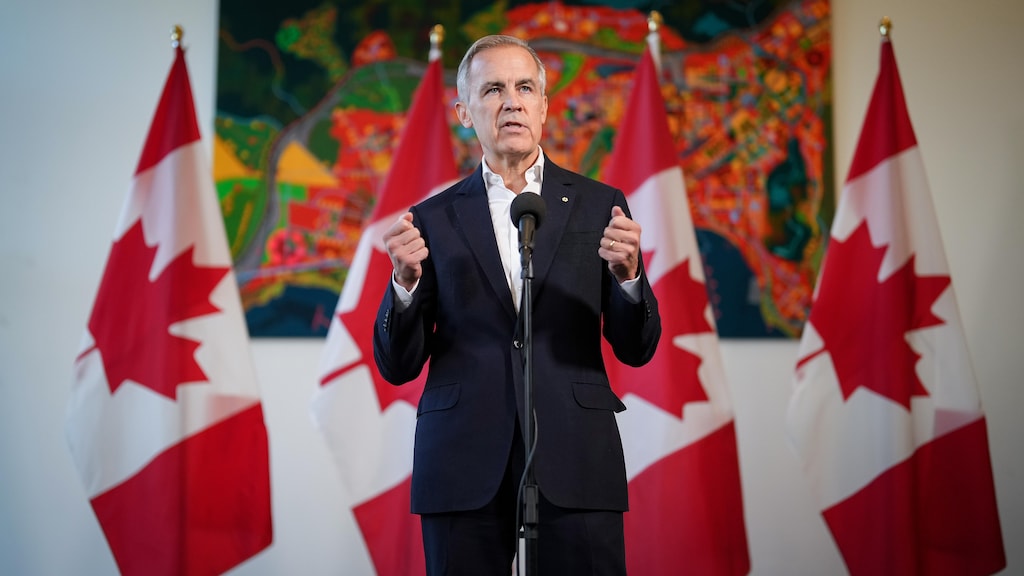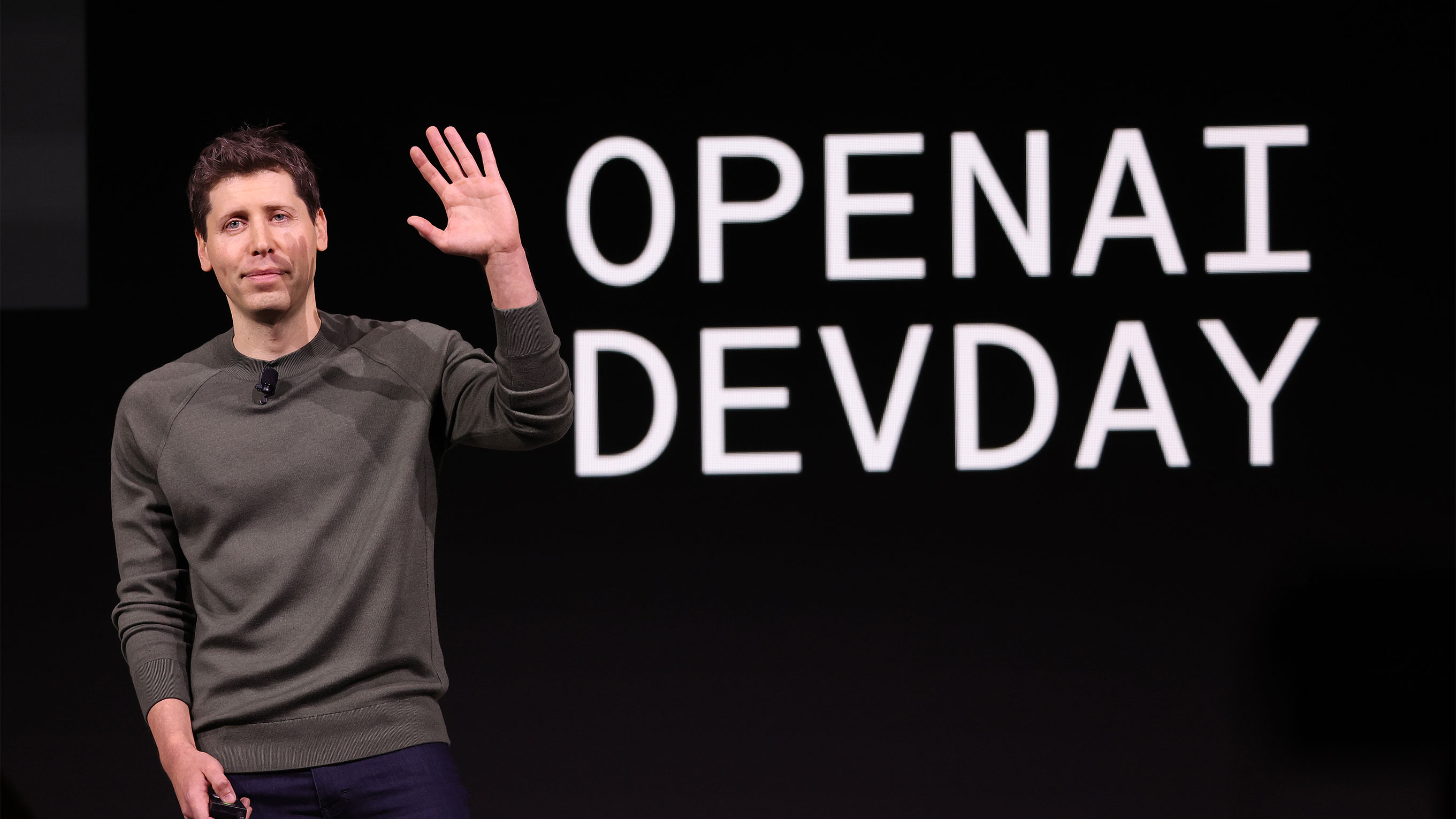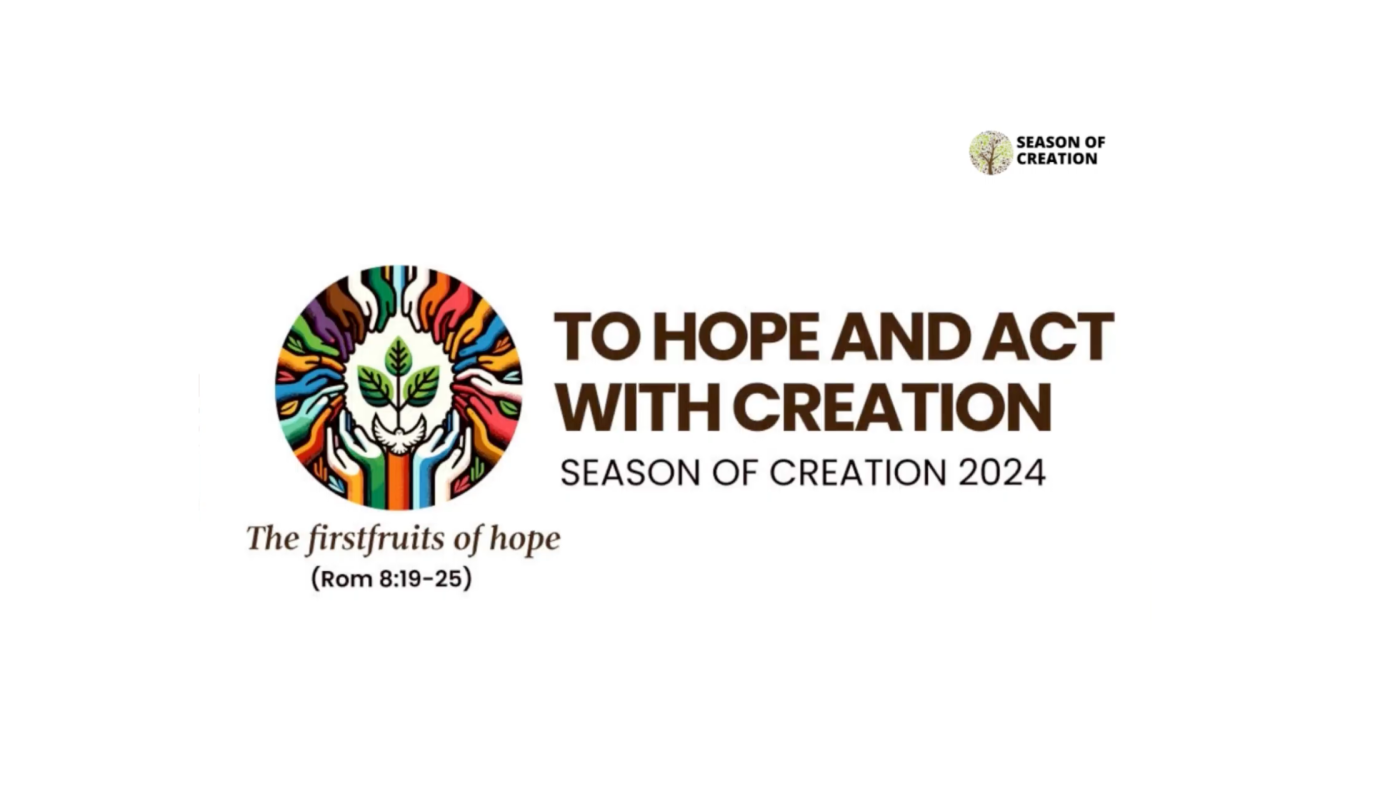Pancake Day: A Deep Dive Into The History And Meaning Of Shrove Tuesday

Table of Contents
The Origins of Shrove Tuesday
Shrove Tuesday's origins lie deep within Christian traditions. It's the day before Ash Wednesday, which marks the beginning of Lent, a 40-day period of fasting and reflection leading up to Easter. Historically, Shrove Tuesday was a time to use up rich ingredients like eggs, milk, and butter before the Lenten fast began. These were ingredients often forbidden during Lent, making Shrove Tuesday a final opportunity for culinary indulgence. The name itself, "Shrove Tuesday," evolved from "Shrive Tuesday," referring to the practice of "shriving"—the confession of sins before the penitential season of Lent.
- Shrove Tuesday's connection to the penitential season of Lent: The day served as a symbolic cleansing before embarking on a period of spiritual reflection.
- The historical practice of "shriving"—confessing sins before Lent: This religious practice gave the day its name and underscored its spiritual significance.
- The evolution of the name "Shrove Tuesday" from "Shrive Tuesday": The subtle change in pronunciation reflects the gradual shift in emphasis from the religious aspect to the celebratory one.
Pancake Day Traditions Around the World
While pancakes are the star of the show on Pancake Day, the traditions surrounding this celebratory feast vary widely across the globe. While often associated with Pancake Tuesday in the UK and other English-speaking countries, it’s also a part of the broader Mardi Gras celebrations in many parts of the world. While both mark the beginning of Lent, Mardi Gras celebrations are typically more elaborate and carnival-esque, featuring parades, costumes, and vibrant festivities, alongside pancake-making. However, the core concept of a final feast before Lent remains consistent.
- Traditional pancake recipes from different countries: In France, delicate crêpes are the norm, while Russia boasts fluffy blini. In the US, the options are limitless, from classic buttermilk pancakes to creative variations like banana pancakes or Dutch baby pancakes.
- Pancake Day games and activities: In some regions, pancake races are a popular tradition, adding a fun and competitive element to the celebrations.
- The significance of pancakes in various cultures: Pancakes, in their round shape, often symbolize the sun and the promise of spring, signifying renewal and abundance. This association adds a layer of cultural and symbolic depth to the celebrations.
The Symbolism of Pancakes
The seemingly simple pancake holds surprising symbolic weight. Its round shape is often interpreted as representing the sun, a powerful symbol of renewal, fertility, and abundance. This symbolism perfectly aligns with the transition from winter to spring, representing the promise of new growth and prosperity. The act of sharing pancakes becomes a communal experience, reinforcing bonds and celebrating the promise of a bountiful harvest. In some cultures, pancakes are associated with good fortune and prosperity.
- The round shape of pancakes and its connection to the sun and cycles of nature: The visual similarity to the sun reinforces the symbolism of rebirth and cyclical renewal.
- Pancakes as a symbol of prosperity and good fortune: The abundance represented by a stack of pancakes translates into hopes for a prosperous year.
- The role of pancakes in various cultural and religious celebrations: Beyond Pancake Day, pancakes feature in many festivities, showcasing their versatility and enduring appeal.
Modern Pancake Day Celebrations
Today, Pancake Day is celebrated with much enthusiasm, transcending its religious origins to become a fun, family-friendly event. Families gather to create their own pancake masterpieces, experimenting with various recipes and inventive toppings. Community events, pancake races, and charity fundraisers often mark the occasion, bringing people together in a shared culinary celebration.
- Popular pancake recipes: From classic buttermilk pancakes to more adventurous options like lemon ricotta pancakes or savory variations, there's a pancake for every palate.
- Creative pancake topping ideas: The possibilities are endless! Fresh berries, chocolate chips, whipped cream, maple syrup, fruit compotes, nuts, and even savory options like bacon and cheese offer a wide array of topping options.
- Examples of community pancake events and charity fundraisers: Many organizations leverage Pancake Day as an opportunity to raise funds for worthy causes.
Conclusion
From its ancient roots in Christian traditions to its modern-day celebrations, Pancake Day, or Shrove Tuesday, remains a vibrant and delicious tradition. Its symbolism, variations, and the simple joy of sharing pancakes with loved ones solidify its place as a cherished cultural event. This Pancake Day, gather your family and friends, whip up some delicious pancakes, and celebrate the rich history and meaning behind this special occasion! Share your Pancake Day traditions using #PancakeDay #ShroveTuesday. Don't forget to explore various Pancake Day recipes and make this year’s celebration the most memorable yet!

Featured Posts
-
 Innomotics Eneco And Johnson Controls Launch Of Europes Largest Heat Pump System
May 03, 2025
Innomotics Eneco And Johnson Controls Launch Of Europes Largest Heat Pump System
May 03, 2025 -
 Swiss Presidents Strong Condemnation Of Russian Aggression In Ukraine
May 03, 2025
Swiss Presidents Strong Condemnation Of Russian Aggression In Ukraine
May 03, 2025 -
 Canadian Dollar Rises Impact Of Trumps Statement On Carney
May 03, 2025
Canadian Dollar Rises Impact Of Trumps Statement On Carney
May 03, 2025 -
 Iconic Bands Festival Condition Life Or Death Only
May 03, 2025
Iconic Bands Festival Condition Life Or Death Only
May 03, 2025 -
 Open Ais Chat Gpt The Ftc Investigation And Future Of Ai Regulation
May 03, 2025
Open Ais Chat Gpt The Ftc Investigation And Future Of Ai Regulation
May 03, 2025
Latest Posts
-
 Ohio Train Derailment Lingering Toxic Chemicals In Buildings
May 04, 2025
Ohio Train Derailment Lingering Toxic Chemicals In Buildings
May 04, 2025 -
 16 Million Fine For T Mobile Details On Three Years Of Data Security Lapses
May 04, 2025
16 Million Fine For T Mobile Details On Three Years Of Data Security Lapses
May 04, 2025 -
 Open Ai Unveils Streamlined Voice Assistant Development At 2024 Event
May 04, 2025
Open Ai Unveils Streamlined Voice Assistant Development At 2024 Event
May 04, 2025 -
 Open Ais 2024 Developer Event Easier Voice Assistant Development
May 04, 2025
Open Ais 2024 Developer Event Easier Voice Assistant Development
May 04, 2025 -
 Open Ai Simplifies Voice Assistant Creation 2024 Developer Event Highlights
May 04, 2025
Open Ai Simplifies Voice Assistant Creation 2024 Developer Event Highlights
May 04, 2025
